A consortium of European researchers is creating an online platform aimed at young individuals deprived of their liberty. The ultimate goal is to enhance their digital skills, thereby allowing easier access to employment opportunities and facilitating successful reintegration upon their release.
Nowadays, digital literacy is essential for education, work, and everyday life. Digital skills are critical for detainees on their path towards successful reintegration.
For youngsters in detention centres, digital inclusion promotes social skills, self-esteem, rehabilitation, and social reintegration1,2. In addition, access to the internet is a necessary tool for gaining knowledge and making plans aimed at returning to society. It enables detainees to continue pursuing education, seeking information and help, while maintaining contact with their families.
However, access to the internet remains a distant utopia for most children and adults detained in youth care facilities. Despite the importance of digital inclusion, detention centres face challenges in providing access to digital services due to concerns around security and privacy.
The internet is extra important for youngsters and adults in detention centres since it promotes social skills, self-esteem, rehabilitation, and their reintegration1,2. Access is necessary to gain knowledge and make plans aimed at returning to society. It enables them to keep pursuing education, find information, find help, and maintain contact with their families.
As a result, those who are held in a secure environment for a long period fall behind on 21st-century skills.
A rich and safe digital learning environment helps the learning process in detention centres
The importance of digital inclusion has become increasingly apparent during the COVID-19 pandemic. With lockdowns and reduced visitation, learning to use a laptop or smartphone meant being able to stay connected with loved ones and deal with prolonged social isolation. This has led to a surge in the digitalisation of the penitentiary sector, with several projects promoting digital literacy emerging in prisons and other institutions.
Thanks to these advancements in technology and learning strategies, it is now possible to more effectively employ technology and blended learning opportunities for the successful reintegration of young people in detention.
A digital platform may make a significant difference and improve connections between the inside and outside while putting an emphasis on digital skills.
The TRIANGLE project
The TRIANGLE – Secured digital education system for vocational skills for youngsters in closed institutions – project aims to develop a customised online platform that allows youngsters and adults in secure care and detention centres to access a safe online environment.
By leveraging a digital platform, it is possible to improve connections between detainees and the outside world, while promoting the development of essential skills in today’s world.
To achieve this, the project is developing training, learning, and practicing activities targeting a large sample of staff and young people in youth centres across Europe, as well as trainers and teachers beyond those institutions. The initiative foresees to increase employment opportunities for youngsters after leaving the institution and their chances for a successful reintegration into society. Upon completion, the platform will be piloted in the consortium countries (Portugal, The Netherlands, and Belgium) with young individuals that are deprived of liberty. This will be an opportunity to gather their feedback about the platform’s benefits and on what other resources could be useful to them.
The TRIANGLE consortium is now preparing the contents for the platform. The solution will then be piloted in the consortium countries with young individuals that are deprived of liberty. This will be a great opportunity to gather their feedback about how the platform works and what they wish it could provide further, to them.
Recently the TRIANGLE consortium launched its Newsletter. The first issue of this bi-monthly communication exploring the project’s updates and progress is available online.
Discover the three key elements that make up the vertices of this Triangle, and how the project is breaking down digital barriers for young people and adults in detention and secure care centres. This newsletter explores the importance of digital inclusion and the innovative platform that TRIANGLE is developing to provide access to digital skills, education, and communication. Learn more about the partners involved in this ground-breaking initiative and how you can support this vital work.
References
1 McDougall, C., Pearson, D. A. S., Torgerson, D. J., & Garcia-Reyes, M. (2017). The effect of digital technology on prisoner behavior and reoffending a natural stepped-wedge design. Journal of Experimental Criminology, 13, 455–482. https://psycnet.apa.org/doi/10.1007/s11292-017-9303-5
2 Toreld, E. M., Haugli, K. O., & Svalastog, A. L. (2018). Maintaining normality when serving a prison sentence in the digital society. Croatian Medical Journal, 59(6), 335–339. https://doi.org/10.3325/ cmj.2018.59.335
Know more about this project
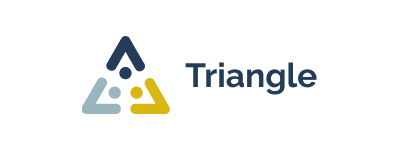
TRIANGLE
Secured digital education system for vocational skills for youngsters in closed institutions
The TRIANGLE project is led by Click F1 (The Netherlands) and partnered by the Stichting Defence for Children International (The Netherlands), IPS_Innovative Prison Systems (Portugal), Eduvier (The Netherlands), the Flemish Support Centre for Adult Education (Belgium), The Federal Public Service Justice (Belgium), Aproximar (Portugal), Foundation 180 (The Netherlands), and Opgroeien (Belgium).
For more information about the TRIANGLE project, please visit its page.
Related projects
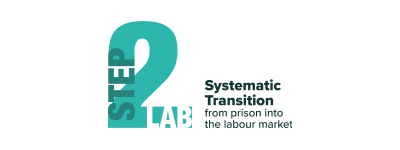
STEP2LAB
Systematic Transition from Prison into the Labour Market
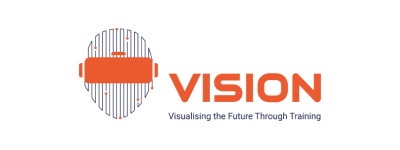
VISION
Visualising the Future Through Training

NEXT STEPS
Development and testing of a process chain for the placement of former detainees as specialists in the labour market

PREVEX
Preventing Emotional and Sexual Abuse Among Young People

TRAIVR
Training of Refugee Offenders by Virtual Reality

ViRTI
Virtual reality for training inmates

BLEEP
Blended Learning Environment for European Prisoners

VR4DRUG Rehab
Developing and Using Virtual Reality Technology for the Rehabilitation of Drug Users in Probation Services
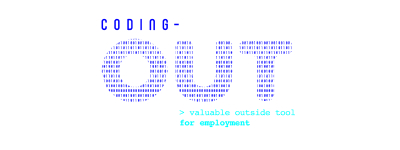
Coding-OUT
Coding in prison as a valuable OUTside tool for employment
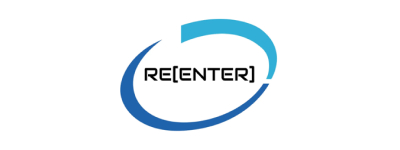
RE[ENTER]
Strengthening the capacity of criminal justice professionals and volunteers
Related news

From incarceration to the labour market: Innovative approaches to integrating former detainees into the workforce
Read More »
Empowering communities to support integration: a first step in preventing radicalisation
Read More »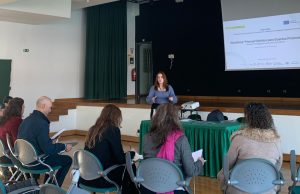
Workshops enhance the skills of correctional officers and volunteers to support post-prison employment
Read More »
Revolutionising Probation: A new cutting-edge training model emphasises rehabilitation and Restorative Justice principles
Read More »




